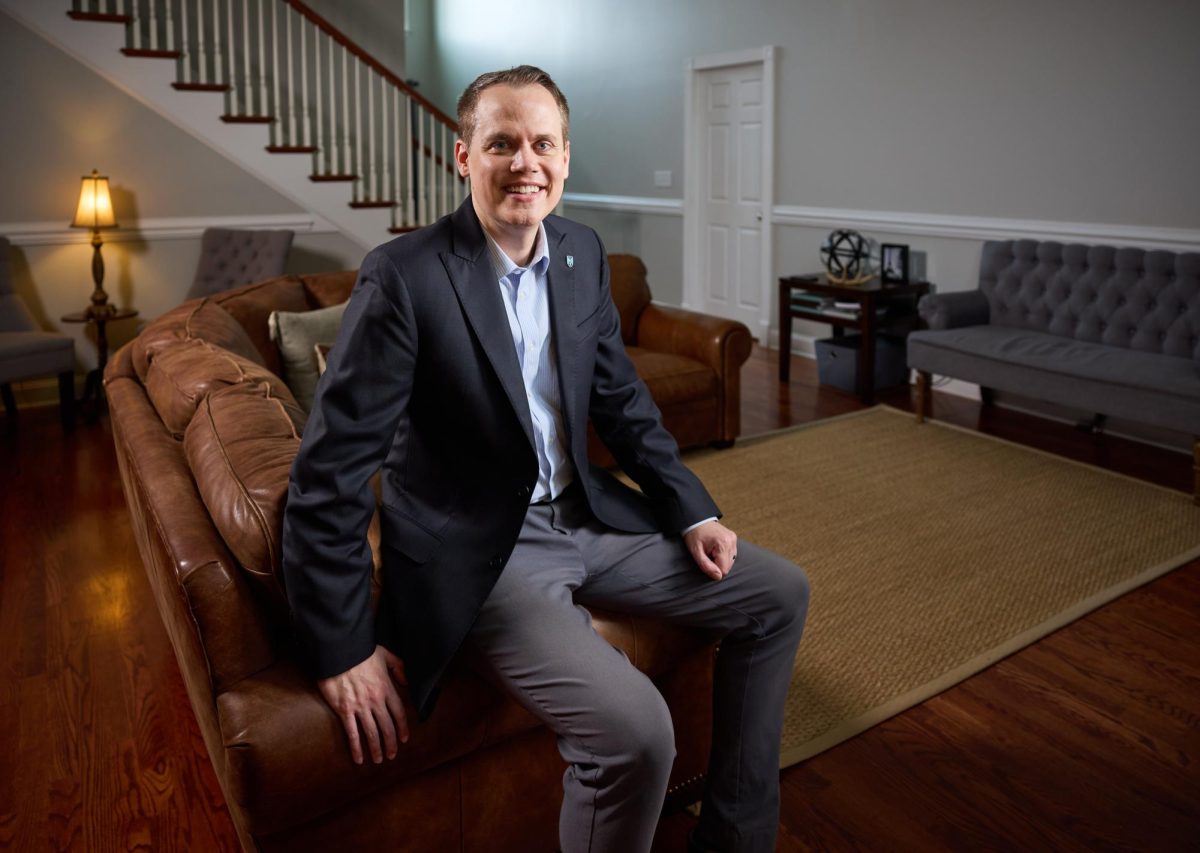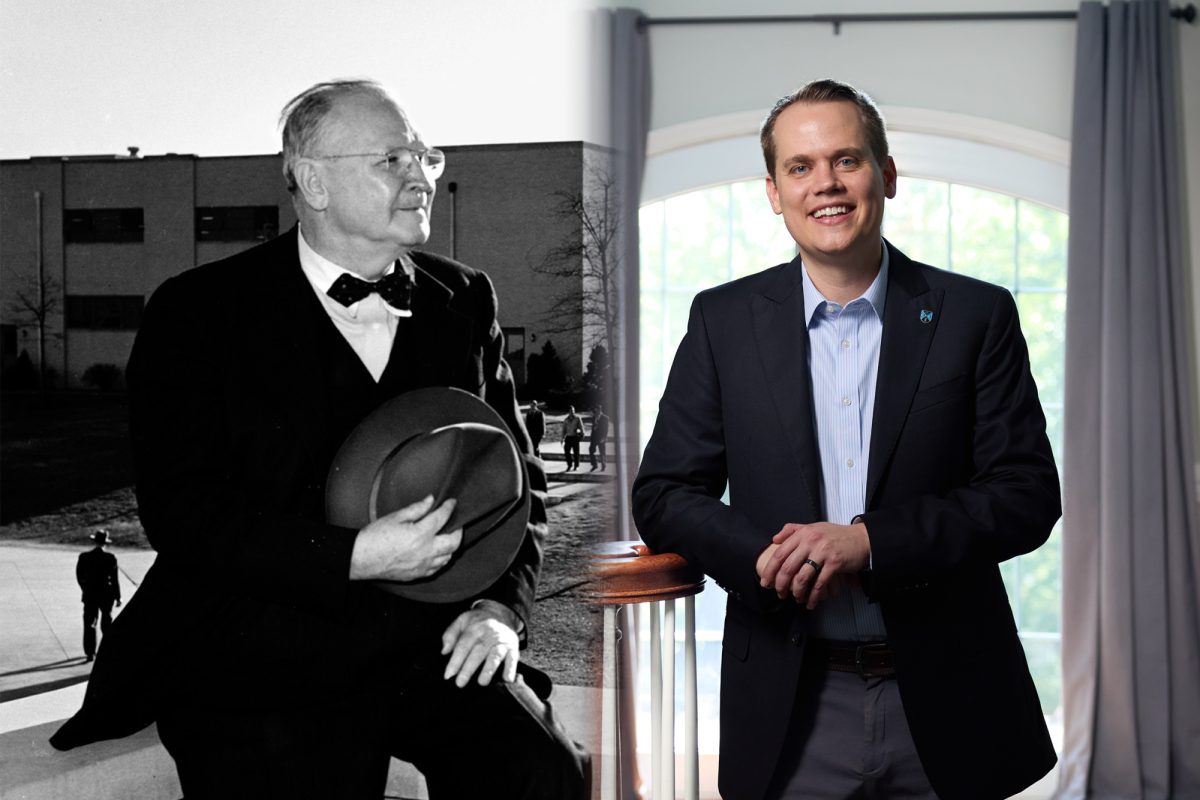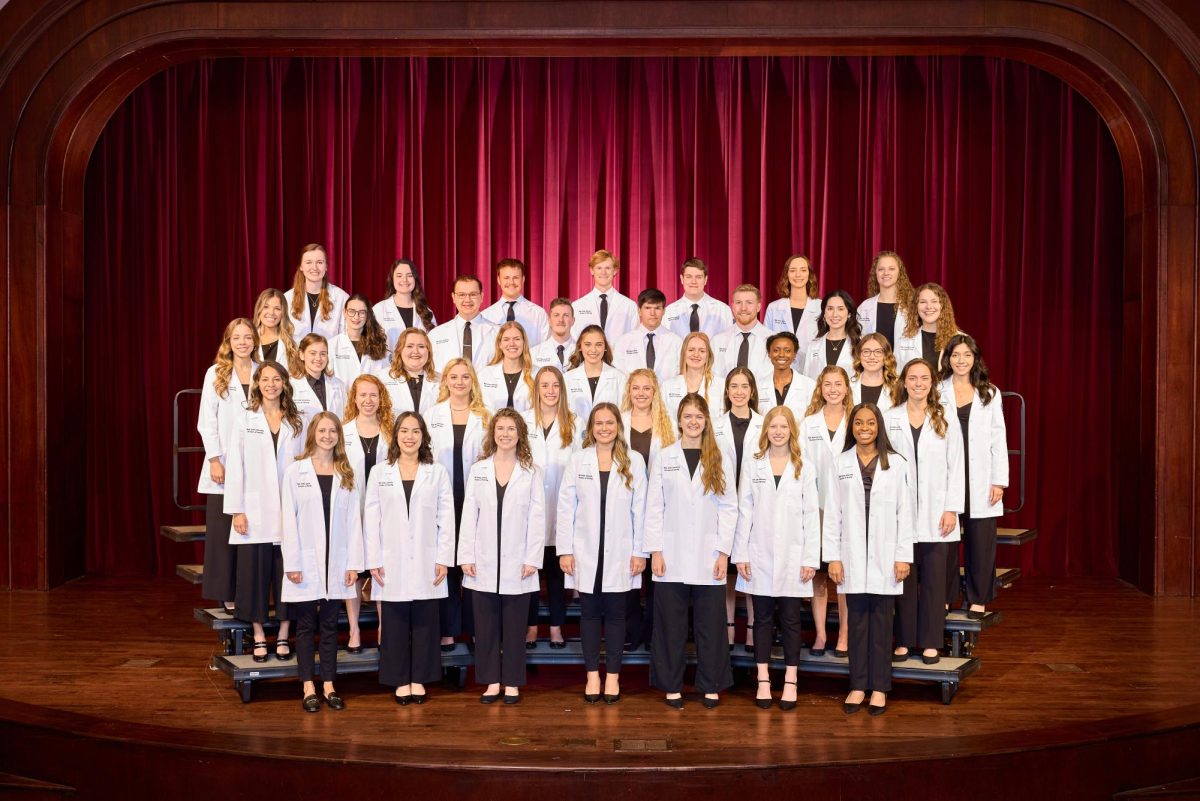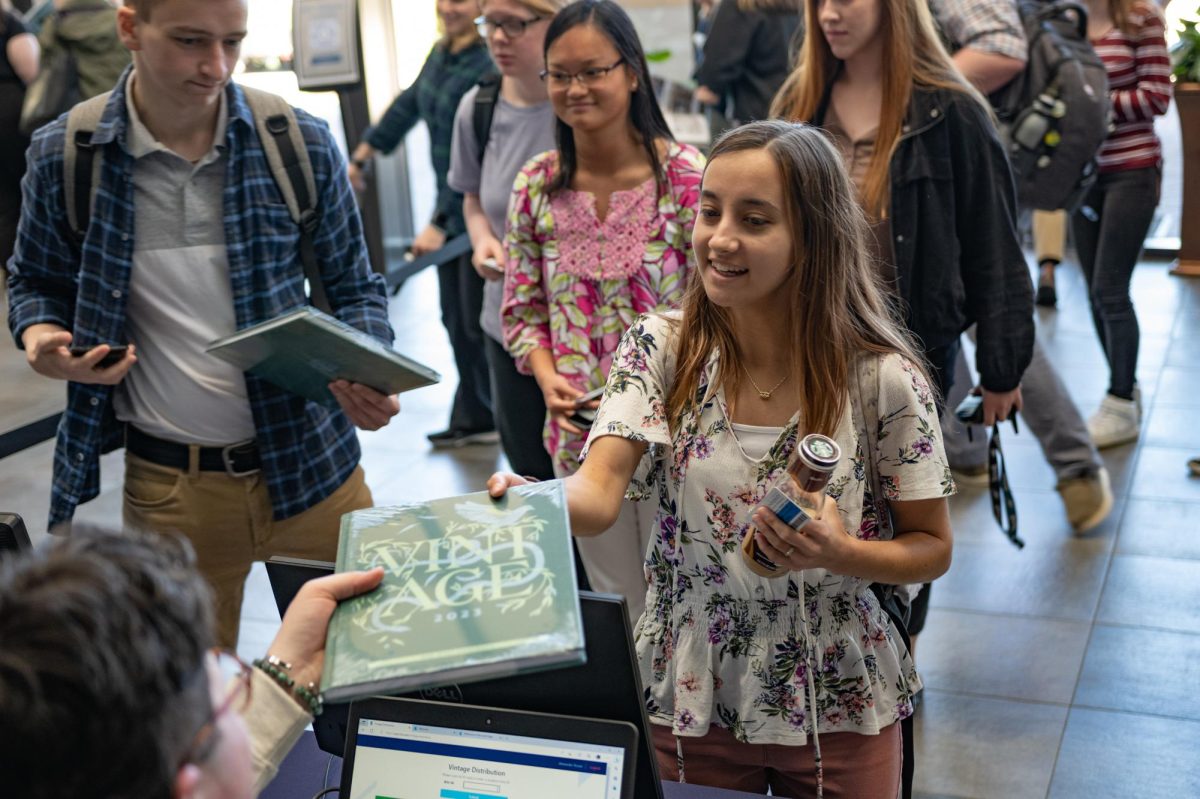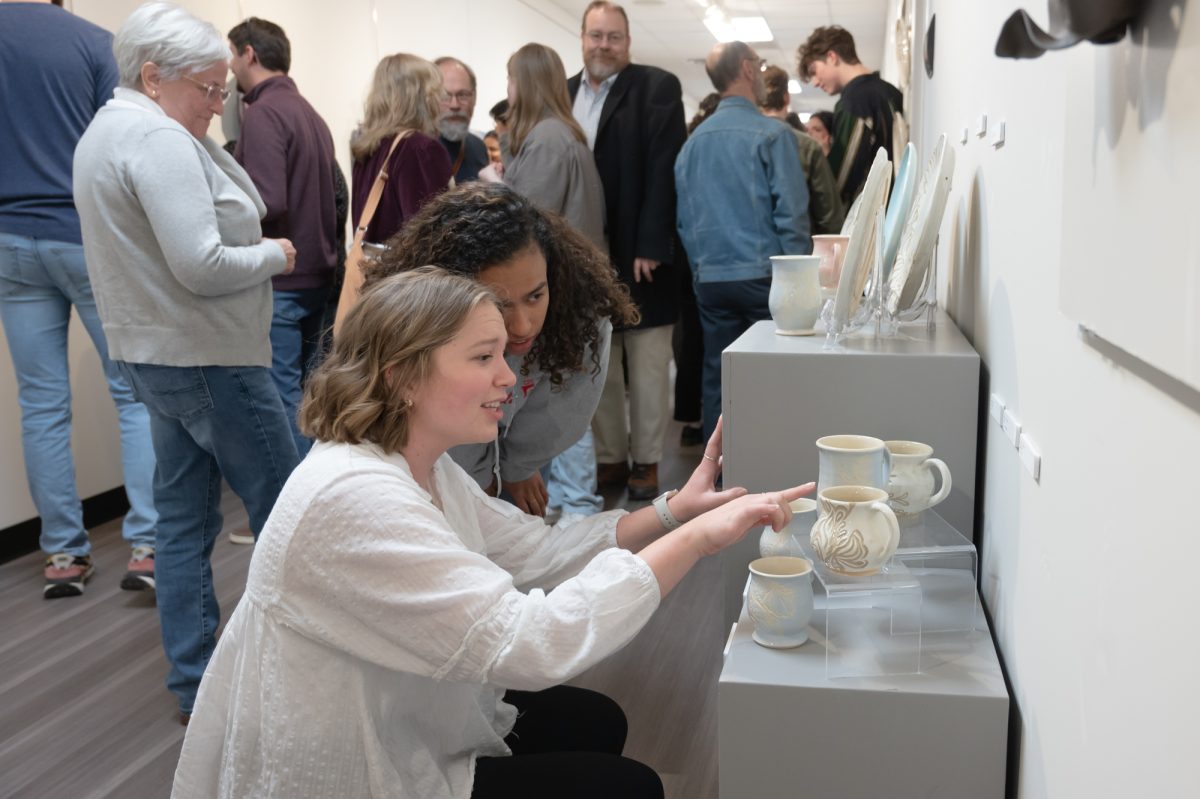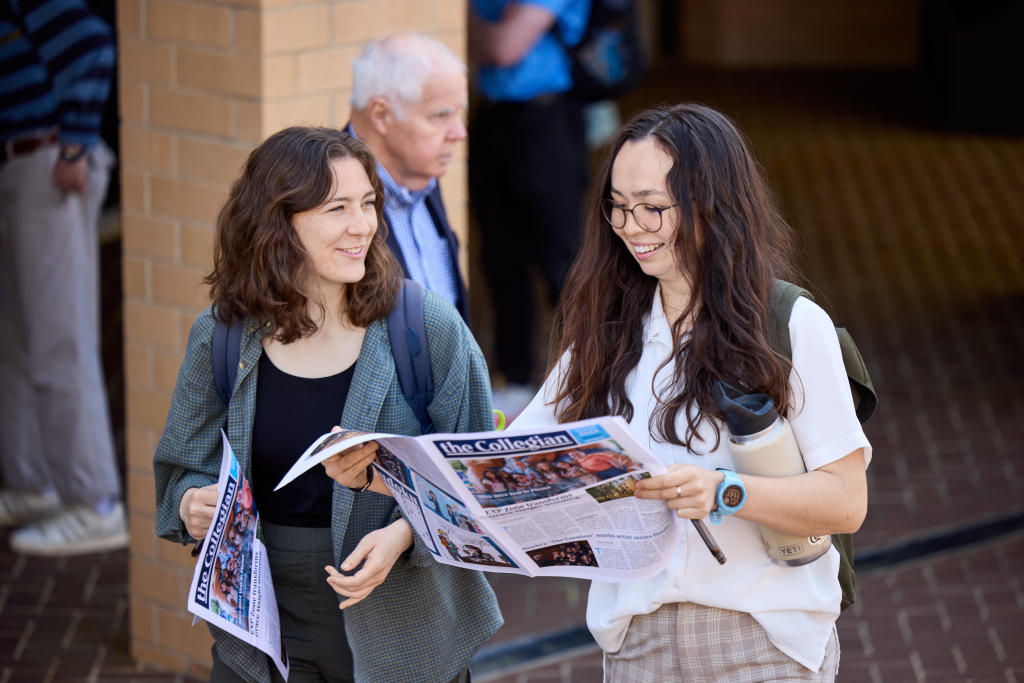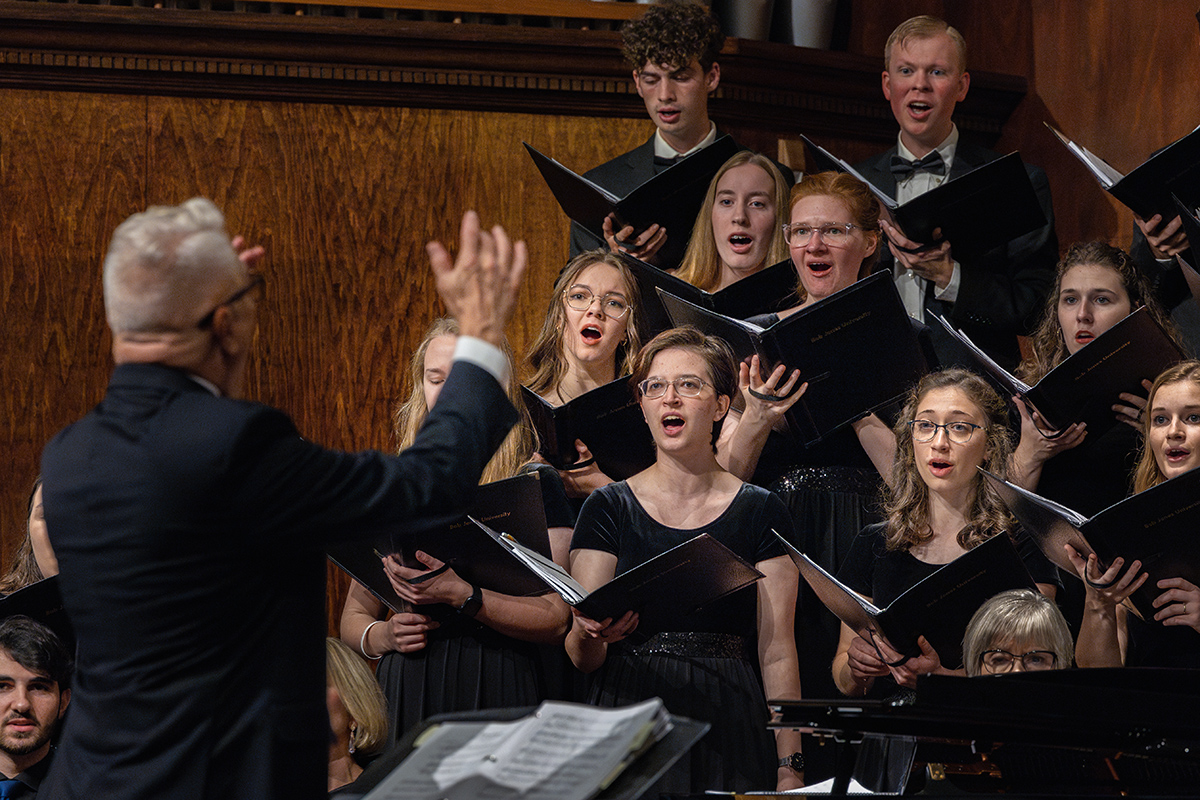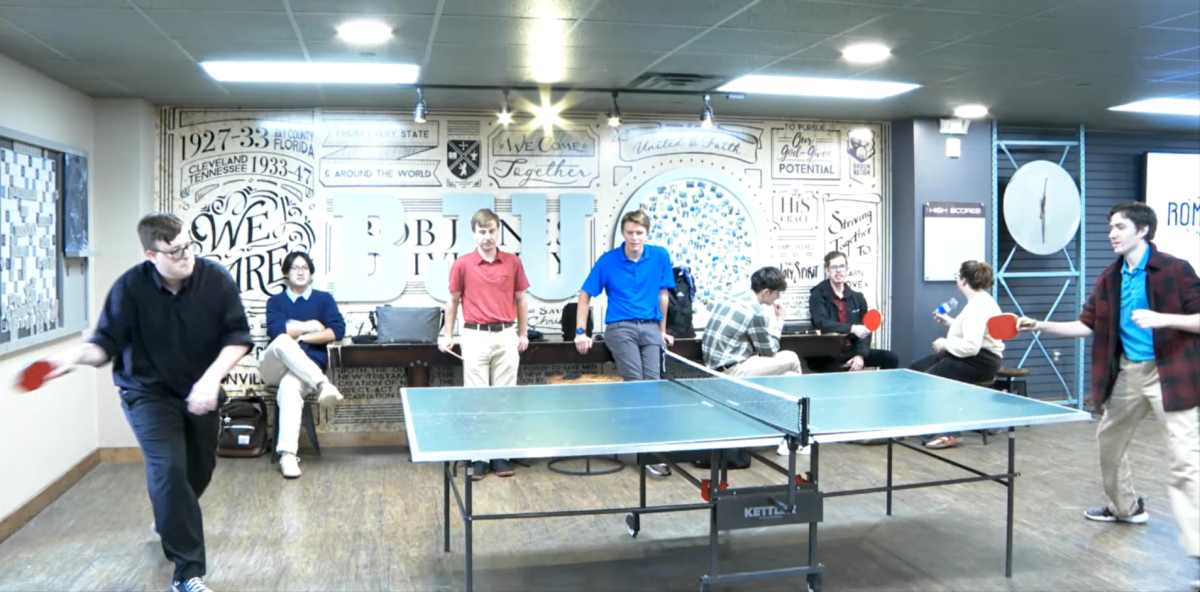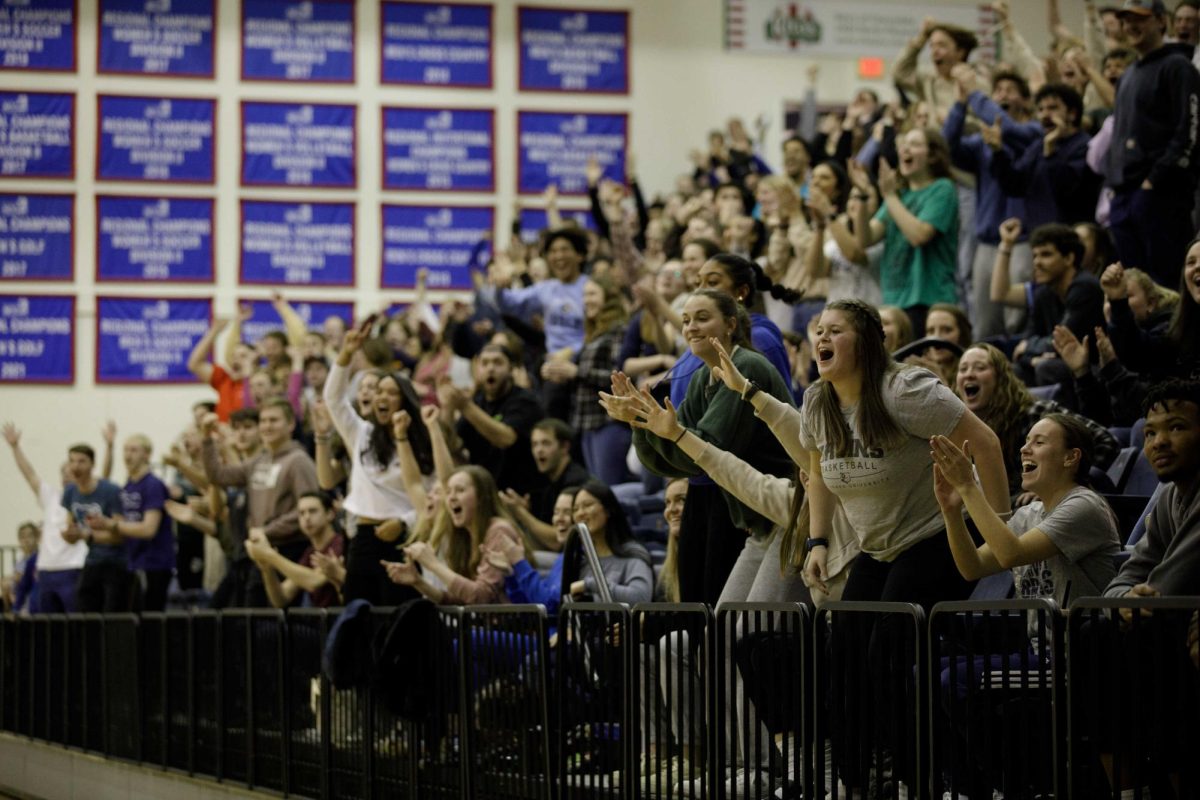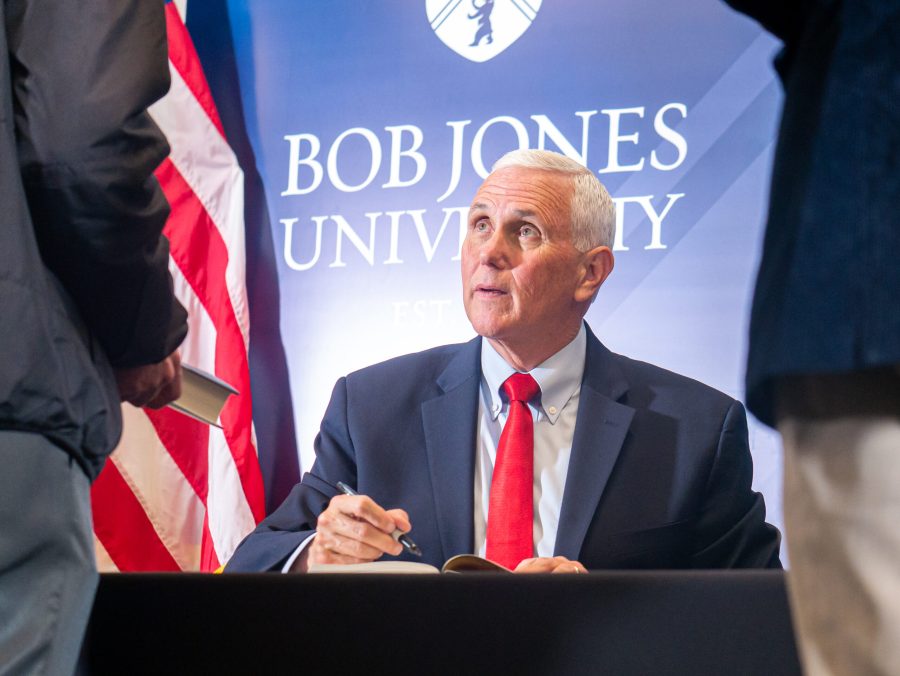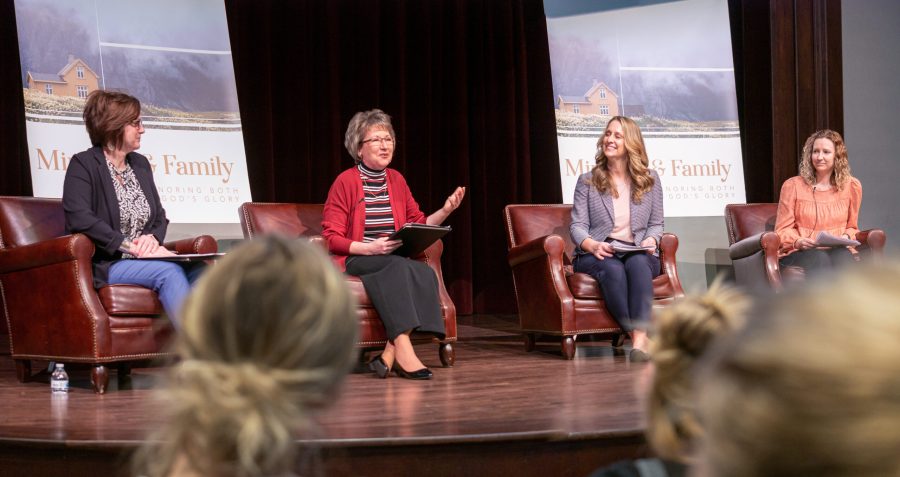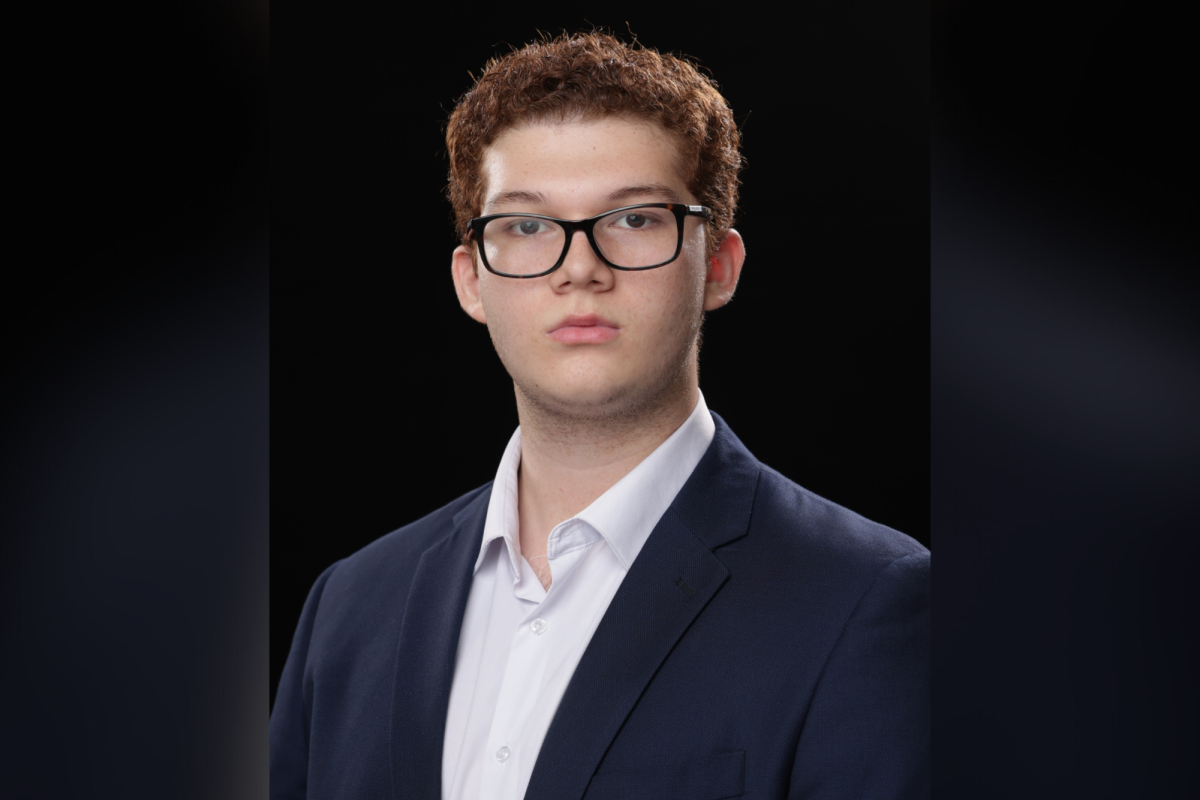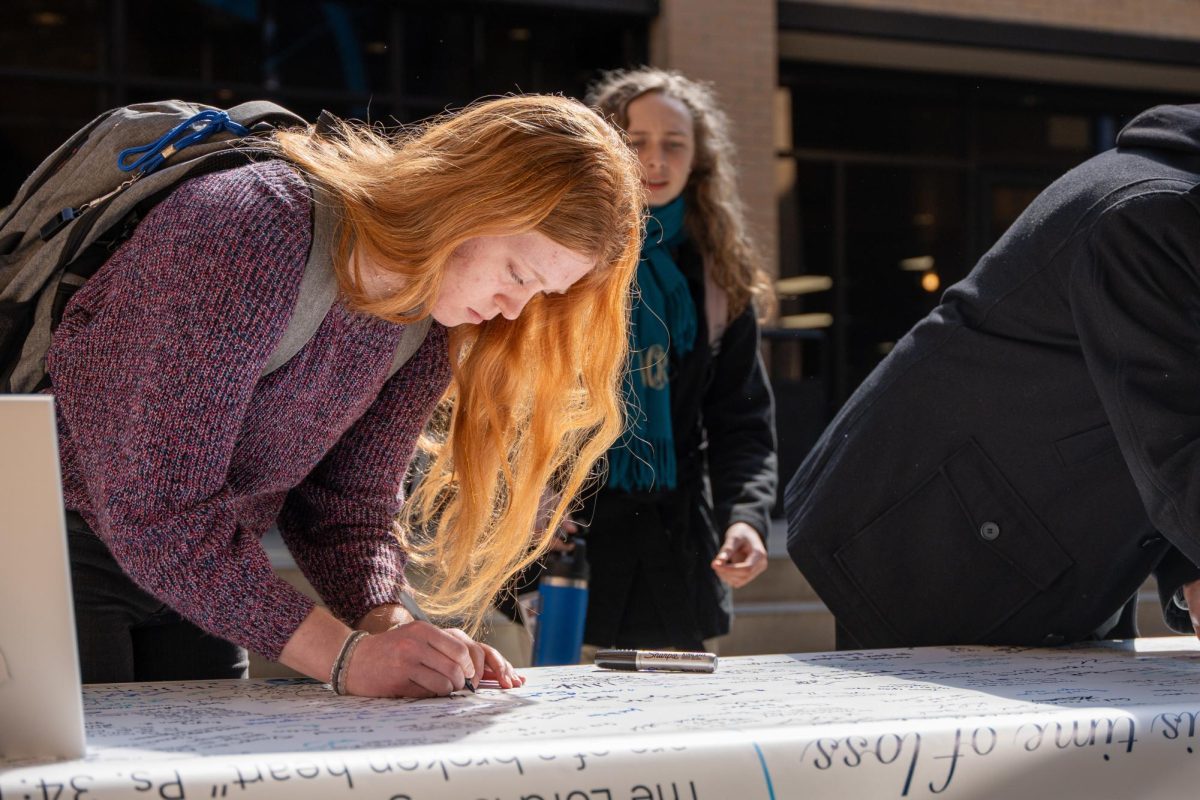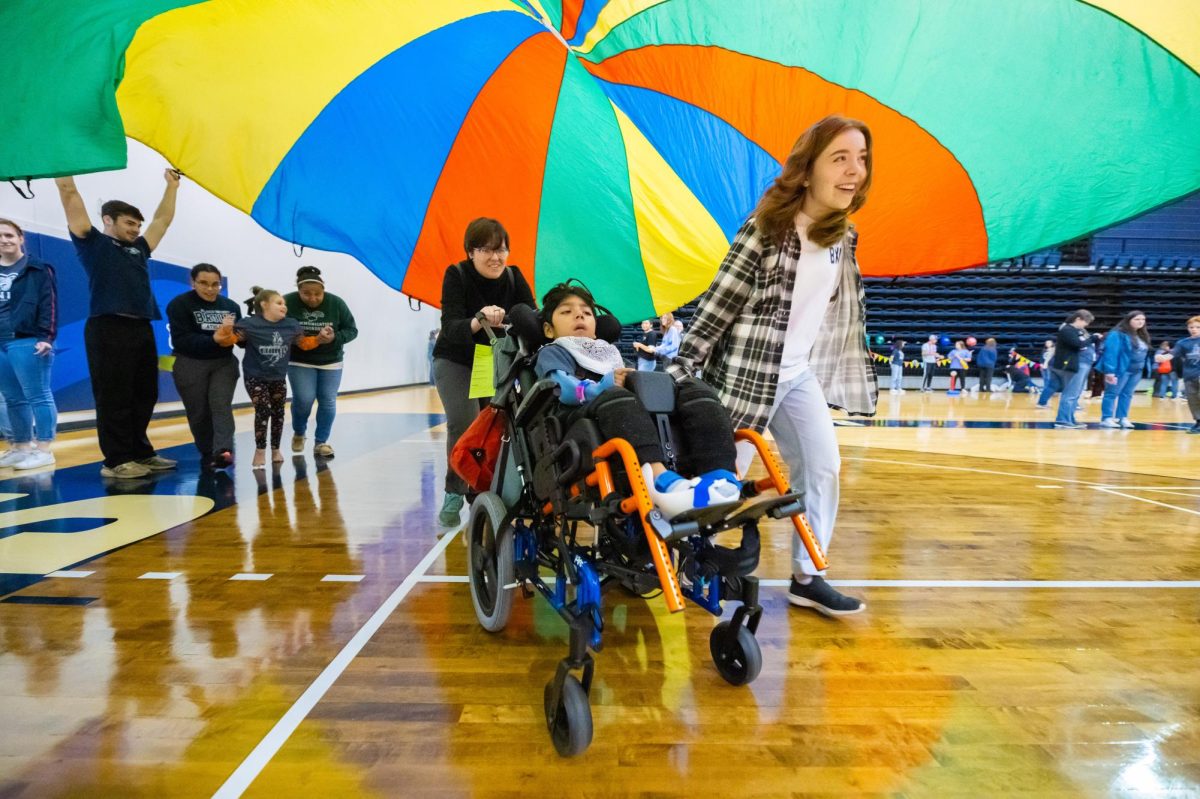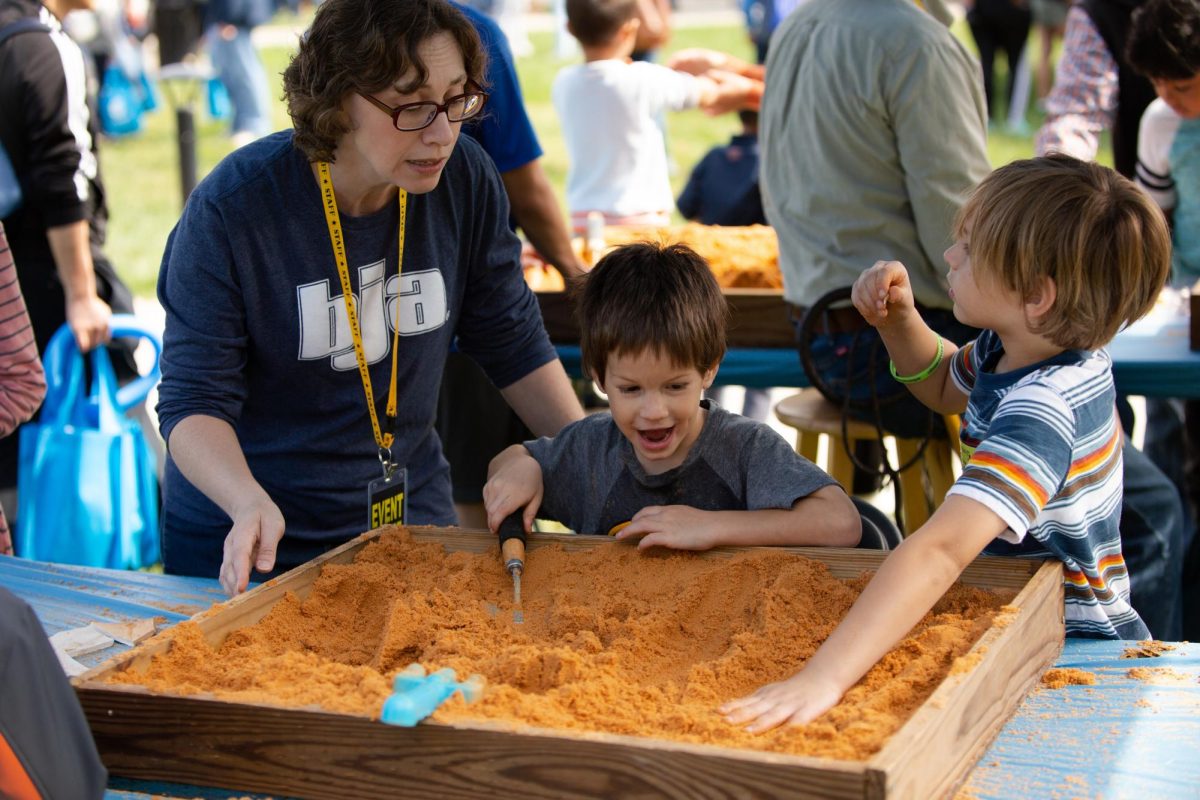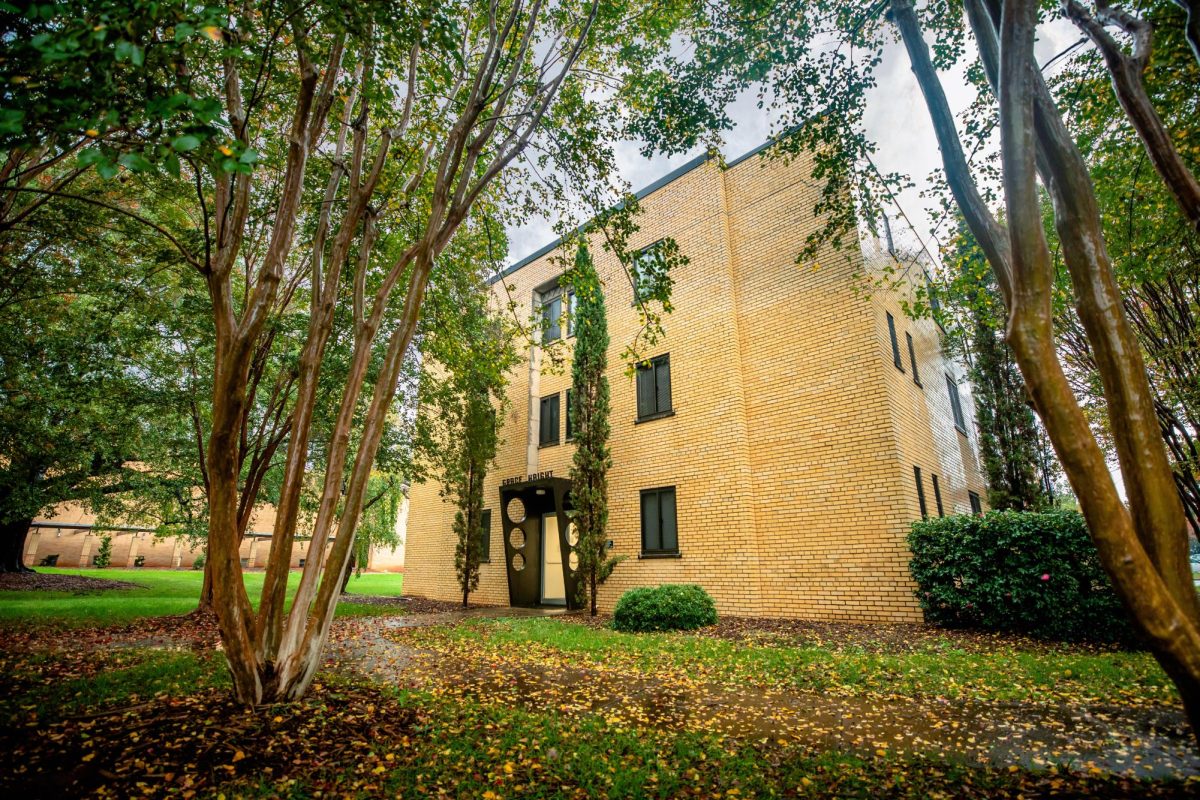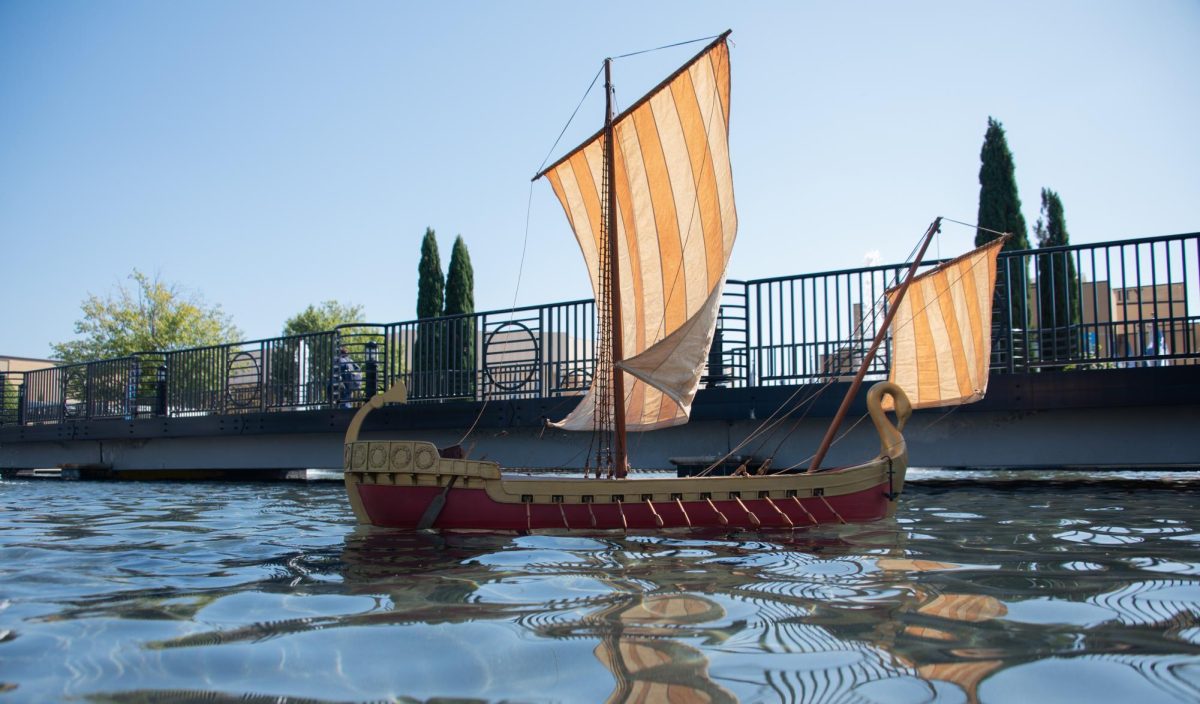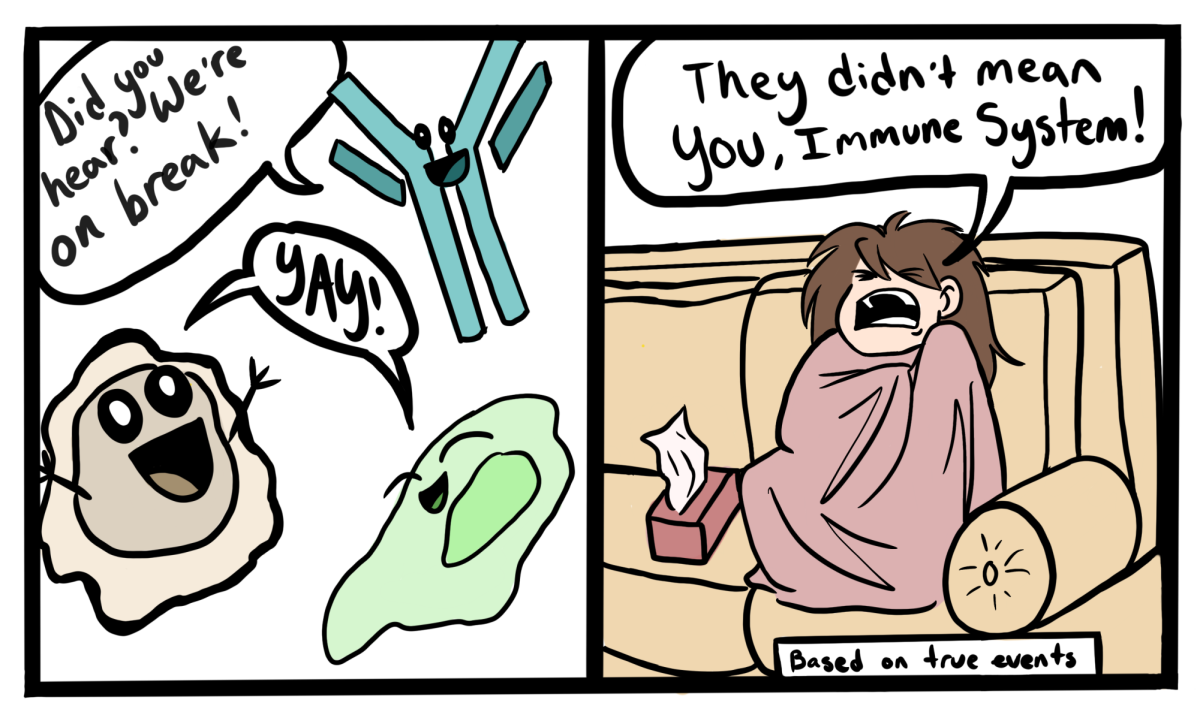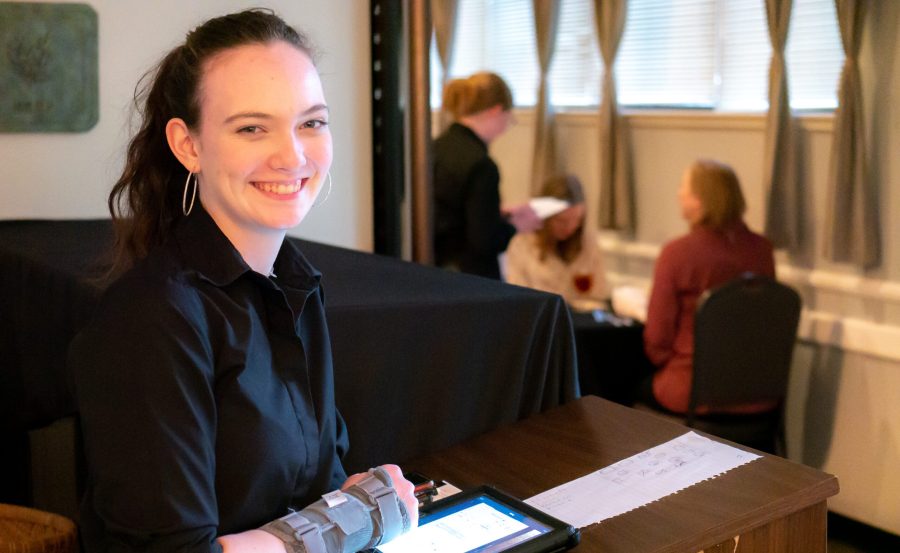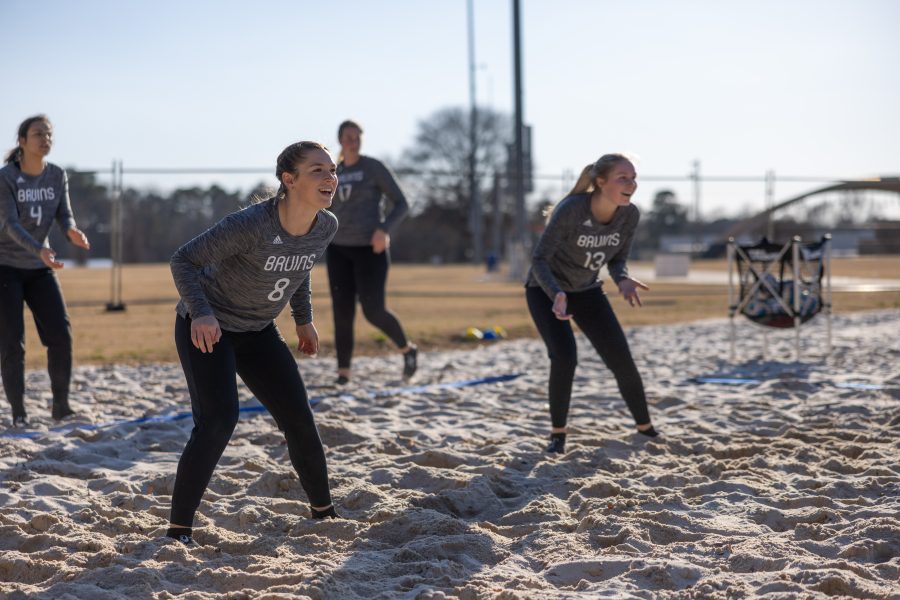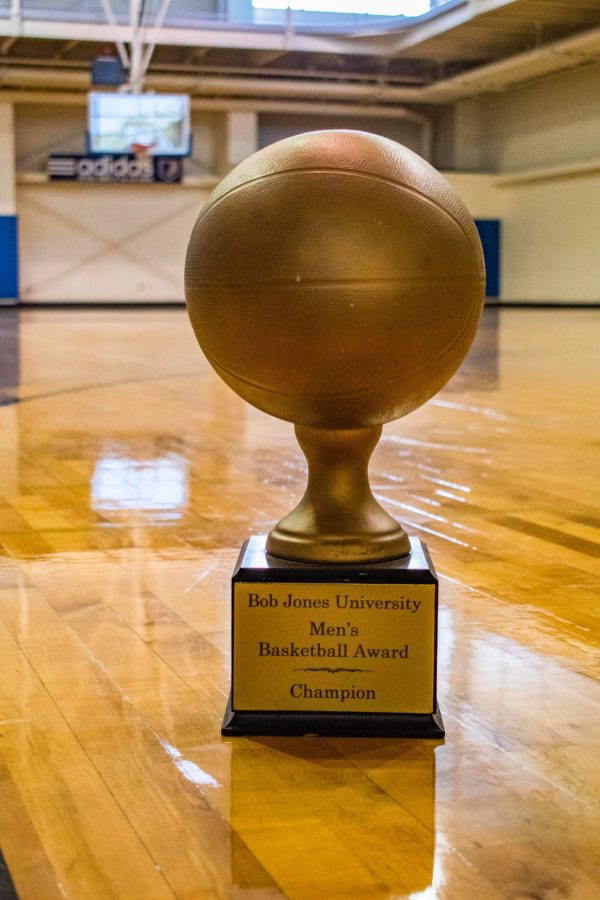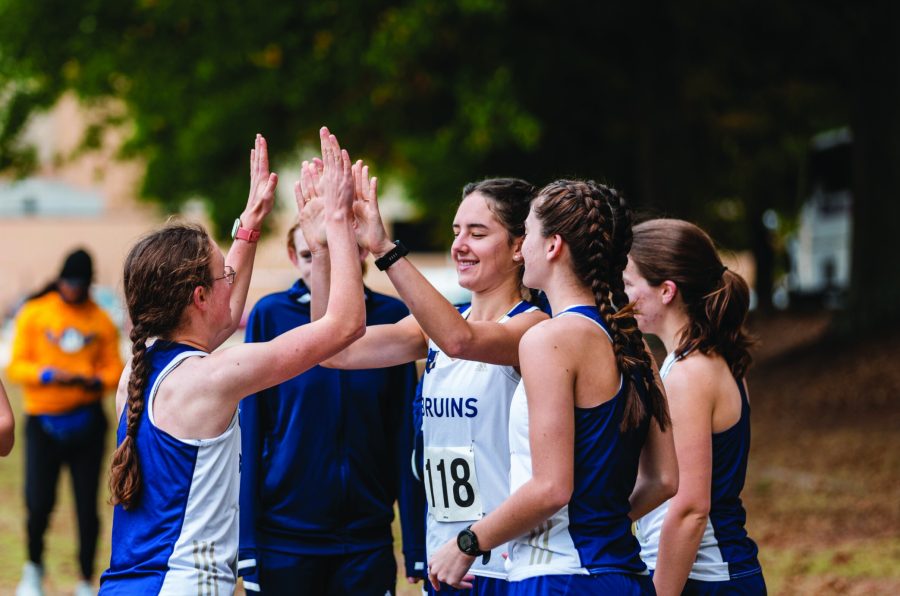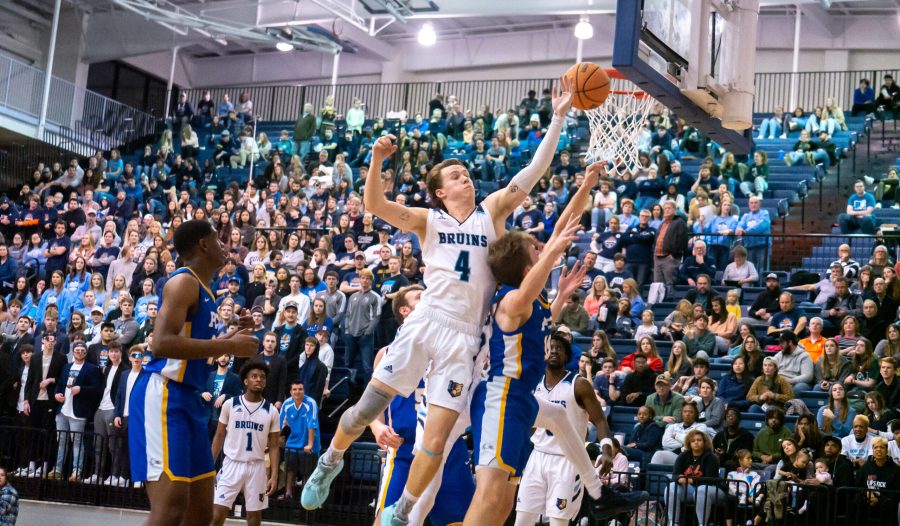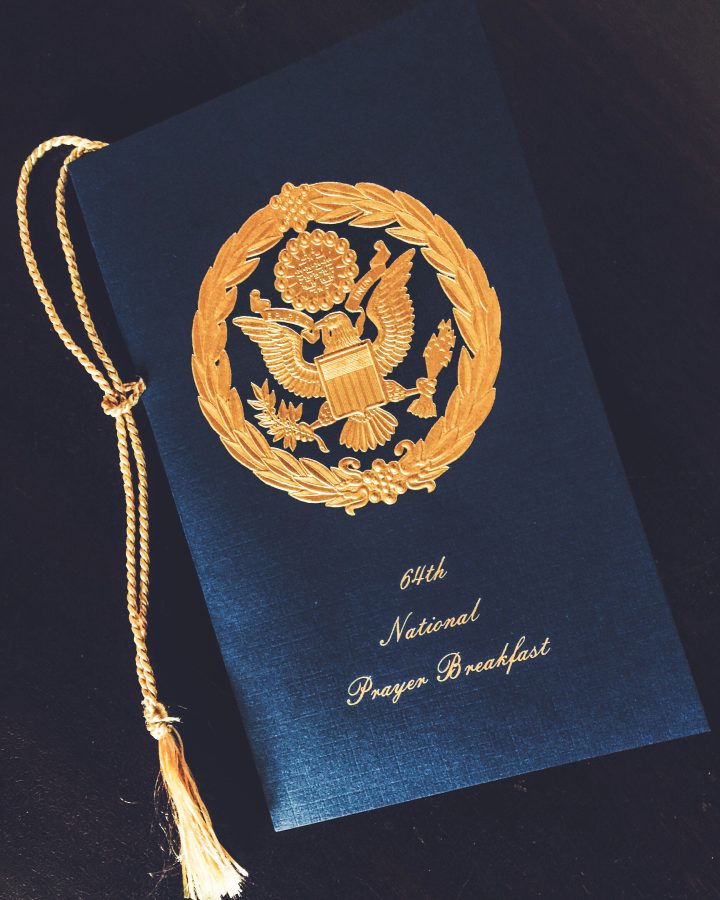BJU’s Center for Leadership Development (CLD) grows students to lead in their societies, discipleship groups, community service outreaches and student leadership council as well as in their future. As believers, learning to lead in the home, the workforce, and even among friends is a valuable life skill.
“The way I like to explain [the CLD] is, it’s leadership through experience,” Kasey McClure, coordinator of student outreach and service learning, said.
College students have an opportunity to serve as counselors, during the summer or through other outlets, to high school students from around the country while aiding in their leadership development—whether it be music or sports or other interests.
During the school year, McClure and Weathers oversee the student organizations on campus as well as take small groups of students to leadership forums.
“We are here to partner with other student organizations, “ said Dr. Ryan Meers, director of the CLD. “For instance the Public Policy group, the University Business Association, marketing, all of those. We want to be a resource and a help to them on the leadership development side of things and maybe partner to host a workshop or conference.”
The CLD also partners with the Division of Communication to offer a leadership minor. For students interested in leadership as an extracurricular, a certificate of completion and leadership (level 1 or level 2) will be awarded after taking specific leadership classes as well as documenting service hours and leading a project or event of their own.
Students can sign up to attend different leadership forums through the CLD. In the past, groups have attended forums at The Citadel, Naval Academy, Air Force Academy, the Greenville Leadership Forum and the University of South Carolina.
“We open up an application, to all the students in the University, where they can actually apply to attend one of these leadership conferences,” McClure said.
The application can be found on the University’s intranet or in the emails sent to the student body periodically.
Academic record, administrative approval, campus involvement and disciplinary record are factored into qualification.
Of the students who have attended these forums, each can testify to the eye opening encounters they have had with the people at the conferences.
Andrew Smith, sophomore criminal justice major with an aviation minor, attended the leadership forum at the Naval Academy in Annapolis, Maryland. He said the application and process was easy.
Smith entered the forum with a different perspective than students who haven’t attended basic training or AIT, since he has already been exposed to the military atmosphere and currently serves in the reserves for the Marines.
“It was completely student led by their version of student leadership,” Smith said. “What surprised me, I think, was how engaged the other students were. I’ve been in a lot of settings and conferences [like this] to discuss something where only one or two people talk, and everyone else just sits there.”
Networking is an essential part of the leadership forums for university students. The focus is learning to become a better leader, but a great deal of time is devoted to the attendees becoming acquainted with one another.
Students participate in ice-breakers the first night of the forums, as well as have the opportunity to sit with high officials in the community at dinners.
Once students have attended leadership forums and made connections with community officials, the possibility arises for students to be nominated for other state or national leadership opportunities.
Micah Rea, a senior business administration major with an aviation minor, has attended the Greenville Leadership Forum as well as several other forums through the CLD.
Rea is president of Upstate Aeronautics, and he was recently nominated by Myrl Smith, personal mentor and organizer of student leaders in Greenville, to attend the National Prayer Breakfast in Washington, D.C., Feb. 4.
He said it was very encouraging to know that the national leaders of the Judeo-Christian community still open the business day in prayer before making nationally important decisions.
“The main thing I learned was that we need to get out of our comfort zones,” Rea said.
Meers said the CLD wants to help students develop as leaders. Most, if not all, will be thrust into a leadership position post-graduation in the workforce, the local church or in their communities.
“What we try to emphasize is[that] being a biblical leader doesn’t just mean you’re leading Christians,” Meers said. “You can be a Christ-honoring biblical leader and influence people for God’s glory even if you’re leading unsaved people.”

